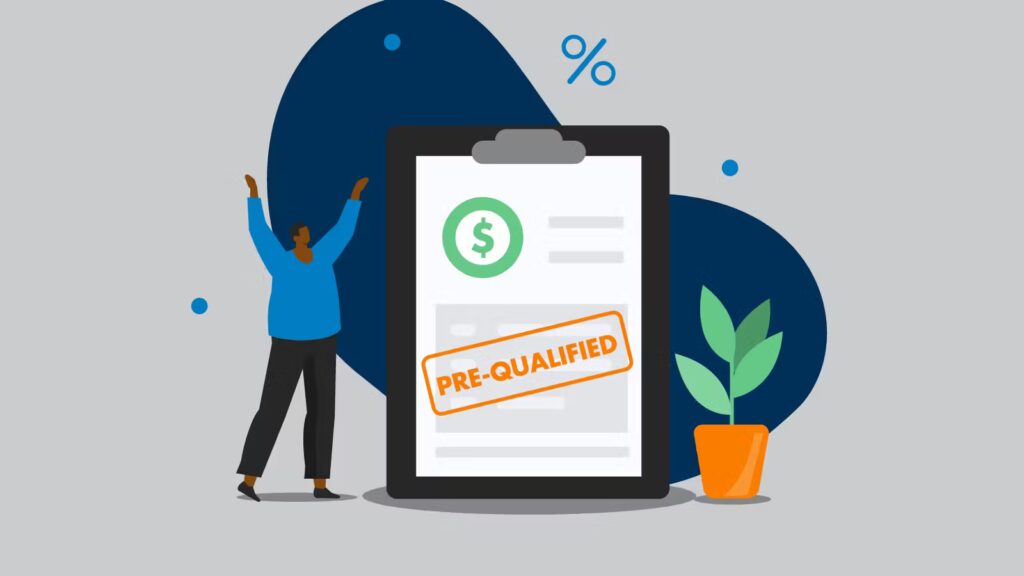Requesting access to the Multiple Listing Service (MLS) as a buyer typically involves working with a licensed real estate professional, such as a real estate agent or broker. Real estate professionals use the MLS to list properties and share information about properties for sale. As a buyer, you don’t generally have direct access to the MLS, but a real estate agent or broker can provide access to its listings and market data. Here’s a thorough guide on how to request MLS access as a buyer:
Step 1: Find a Licensed Real Estate Agent
The MLS is not available to the general public, so the first step is to hire a licensed real estate agent or broker with access to the system. It would help if you had a real estate professional member of a local MLS.
How to find a real estate agent:
- Ask for referrals: Seek recommendations from friends, family, or colleagues who have recently bought a home.
- Online research: Search for agents in your area and check their credentials. Websites like Realtor.com, Zillow, or local real estate associations provide agent directories.
- Interview agents: Talk to a few agents to find someone you are comfortable with. Ask about their experience, familiarity with the local market, and whether they are familiar with your particular needs and goals.

Step 2: Express Your Interest in MLS Access
Once you’ve selected an agent, explain that you are a buyer interested in seeing properties listed on the MLS. Agents typically have access to detailed property data such as price history, days on the market, and off-market listings, which may be hidden from the public.
Example message to agent:
- “I would like to start my home search and would appreciate access to properties listed on the MLS. Can you send me the latest listings or create a search alert?”
Step 3: Set Up a Home Search
Your agent will typically use MLS tools to set up a customized property search based on your preferences. They can filter properties by price range, location, number of bedrooms, amenities, etc.
Information you will need to provide:
- Desired location(s)
- Price range
- Property type (single-family home, condo, townhouse, etc.)
- Size (square footage, number of bedrooms/bathrooms)
- Additional features (pool, garage, yard, etc.)
Step 4: Ask for Market Data and Comparative Listings
As a buyer, MLS data can also help you evaluate the market and tmake informed decisions. You can ask your agent for:
- Comparative Market Analysis (CMA): This report compares similar properties in the area to help you assess whether a property is priced fairly.
- Price history is the Knowledge of how long a property has been on the market and whether it has had any price reductions.
- Off-market listings: Some agents may also have access to properties that are not actively listed but may still be available for sale (pocket listings).
 Step 5: Set Up MLS Alerts
Step 5: Set Up MLS Alerts
Real estate agents can set up MLS search alerts, automatically sending you new listings that match your criteria. This saves you time and ensures you’re aware of newly listed homes as soon as they come on the market.
What to ask for:
- Automated alerts for new properties within your price range.
- Alerts for price reductions or properties that match specific features you’re interested in.
Step 6: View Listings with Your Agent
Once your agent can access MLS listings, they will show you properties that suit your criteria. Your agent will schedule viewings and handle communication with sellers, making the process smoother for you. If you find a property you’re interested in, your agent will coordinate any necessary steps, like making an offer, negotiating terms, and providing guidance during the closing process.
Step 7: Utilize Your Agent for Additional Resources
Beyond just MLS access, a good agent can:
- Provide information on neighborhoods.
- Help you understand market trends.
- Advise on the best timing for your purchase.
- Guide you through financing options and paperwork.
Step 8: Request Specific MLS Features
You can discuss this with your agent if you’re a serious buyer and need more specific MLS features. For instance, you can ask for:
- Access to private listings (off-market or coming soon): Some MLS platforms allow agents to list properties before they are publicly available.
- Detailed reports: Some MLS systems offer detailed reports on expired listings, sold properties, and market trends that are useful for due diligence.
Step 9: Understanding the Limits of Your Access
As a buyer, you won’t have full access to all the MLS data, but your agent can provide you with:
- Listing information (price, photos, descriptions, etc.).
- Sold data (for pricing context).
- Market trends, including the average time properties, are on the market.
- Historical data will be used to inform your offer and negotiation strategy.
 Final Note: Direct MLS Access for Buyers
Final Note: Direct MLS Access for Buyers
While you can’t directly access the MLS as a buyer, some online platforms (like Realtor.com or Zillow) offer MLS-connected listings for the general public. However, these are often less complete and updated than the data available to real estate professionals. This is why working with an agent is the best way to get the most accurate, timely, and comprehensive MLS information.
Conclusion
To request MLS access as a buyer, you need to work with a licensed real estate agent who can provide you with access to MLS listings, market data, and expert guidance throughout the buying process. Communicate your needs clearly to your agent, and take advantage of their resources to stay informed and make the best decision.
Frequently Asked Questions
What does MLS do?
The Multiple Listing Service (MLS) is a powerful tool designed to streamline the real estate process by acting as a central hub for property listings. It enables real estate agents and brokers to share detailed information about properties for sale, making it easier to connect buyers with sellers. The MLS promotes collaboration among real estate professionals, guaranteeing everyone can access the most updated and accurate data.
Using the MLS, real estate agents can view several property details, including pricing, property features, tax history, square footage, and even insights into neighborhood amenities. This level of detail guarantees transparency and allows agents to give their customers the best possible advice. Additionally, the MLS helps to level the playing field by providing access to nearly all available properties in a region, giving buyers and sellers more opportunities and options.
Beyond its role as a listing platform, the MLS also improves efficiency in real estate transactions. It allows agents to follow market trends, identify comparable sales, and gain valuable pricing and negotiation strategy insights. This comprehensive functionality makes the MLS an essential resource for anyone in the real estate market.
Is it worth it to get an MLS?
Access to the MLS is worth it for licensed real estate professionals because it provides comprehensive, real-time property data, fosters collaboration, and enhances their ability to serve clients effectively. Working with an agent with MLS access guarantees buyers and sellers benefit from accurate market insights and maximum property exposure. Investors may also find MLS access valuable for identifying opportunities, often by working with agents or obtaining a license. The MLS is a key tool for making informed real estate decisions.
Can anyone subscribe to MLS?
No, the MLS (Multiple Listing Service) is generally not available for direct subscription by the public. It is a tool used primarily by licensed real estate professionals (agents and brokers) to list properties. Buyers and sellers can access MLS data through a licensed agent who has access to the system.
How do I access local MLS listings?
To access local MLS listings, you typically need to work with a licensed real estate agent or broker with access to the system. Here are the steps to access local MLS data:
Work with a Real Estate Agent or Broker
- Licensed agents have full access to MLS listings and can provide customized property searches, alerts for new listings, and detailed market insights tailored to your needs.
Search Public Real Estate Websites
- Many MLS systems share data with public platforms like Zillow, Realtor.com, or Redfin. While these sites only provide a partial scope of MLS data, they offer a good starting point for browsing local listings.
Consider Becoming a Licensed Agent
- If you’re heavily involved in real estate, such as investing, you can access the MLS by obtaining a real estate license. This needs licensing courses, passing an exam, and joining your local real estate board or association.
Request a Collaborative MLS Portal
- Some agents provide clients direct access to an MLS portal to view listings tailored to their preferences. This option is great for staying updated in real time.













